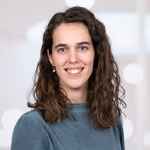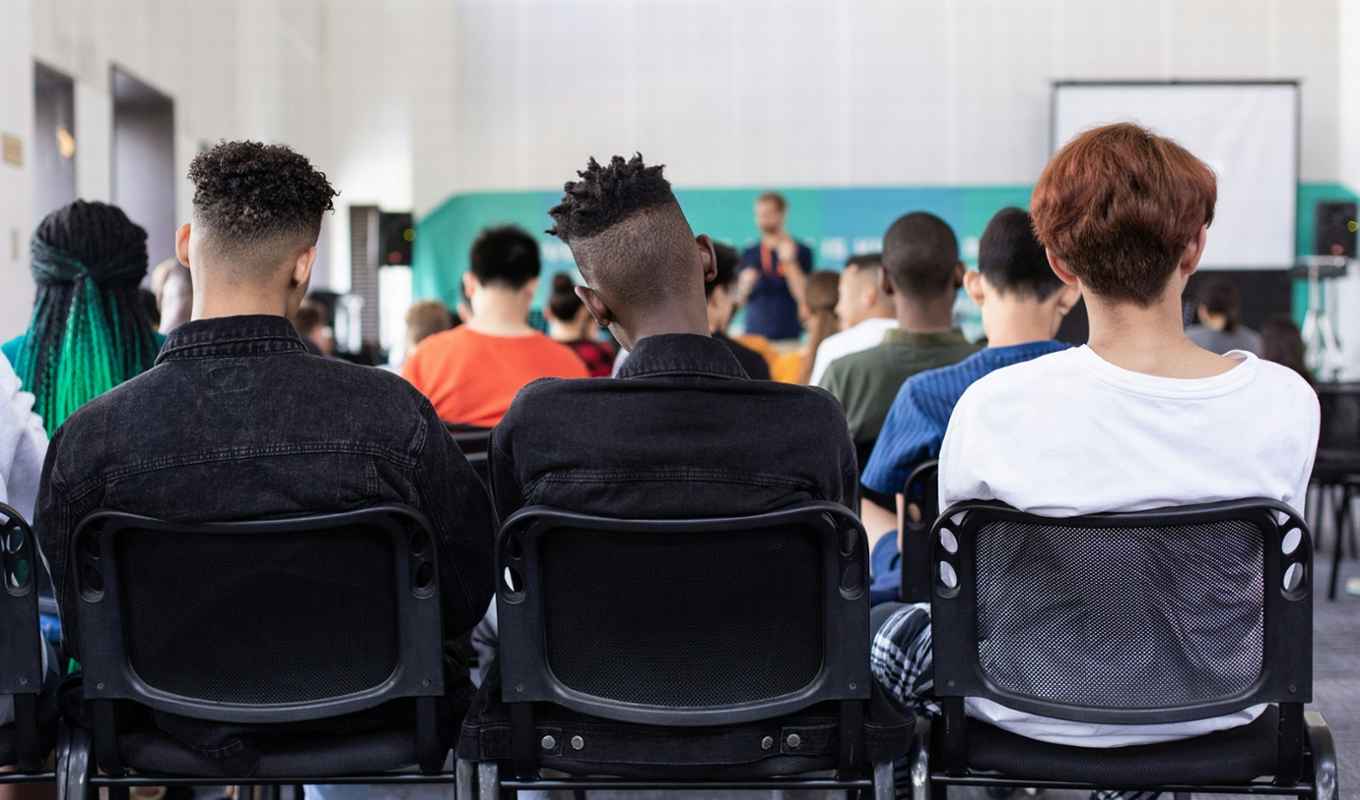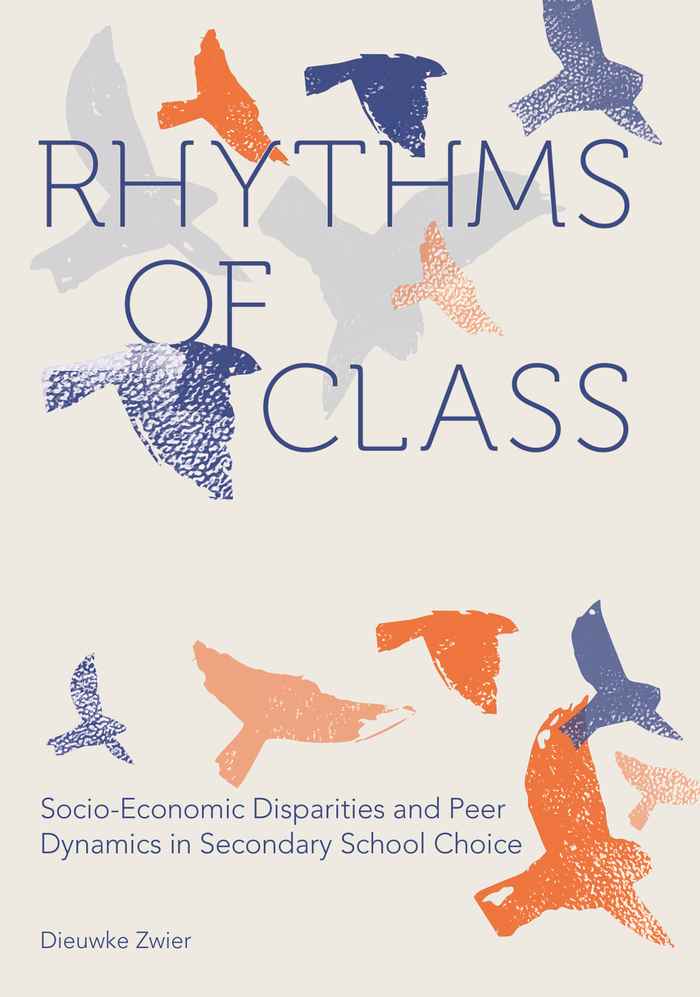Friends, parents and prejudices: what you need to know about your child's secondary school choice
27 January 2025
The move from the last year of primary school to the first year of secondary school is an exciting step: you are the youngest at school again and mixing with older teenagers. Research by sociologist Dieuwke Zwier shows that this move is easier if students have familiar faces around them. ‘The secondary school choice is seen primarily as a family decision. My PhD research shows that peers are an important influence as well. Children from less privileged families are particularly influenced by their peers because they have less information at home, on average, and have a little more freedom to make this choice themselves.’

A diverse school environment helps children learn and also grow as human beings.Dieuwke Zwier
School as a mini society
Zwier says that more attention needs to be paid to the influence of peers. 'Schools play a big role in how children develop. Think of a school as a mini society of sorts. Students are part of this society and develop important citizenship skills there, such as how to deal with different perspectives and points of view. This becomes more difficult when a student chooses a school where most of the other students are very similar to them. A diverse school environment helps children learn and also grow as human beings.'
Differences between schools are getting bigger
When children choose to go to the same school as their friends, this increases the divide between schools that attract children from less privileged families and those that attract children from privileged families. Classmates and parents from the same social backgrounds are more likely to interact with each other in primary schools too. 'People naturally feel comfortable with others who are similar to them, and contact is easier if you share hobbies or live nearby,' Zwier says.
Encouraging students with different learning levels to interact with each other more
To reduce these differences, it is important for primary schools to provide more information about secondary schools in the area. Zwier says that primary schools could also consider changing the way tables are arranged in classrooms, getting students to do assignments together in small groups and organising other activities. 'This enables students with different learning levels and from different backgrounds to connect with each other in an accessible way.'

School choice depends on the family in which you are growing up
Zwier's research shows that families from different social backgrounds are not guided by the same factors when choosing a school. 'The choices that students make when they are given the same advice on post-primary education will depend on the family in which they are growing up. For example, parents with a university education value a high pass rate or the background of other students more. Parents without a higher education background are more inclined to be guided by how far away a school is.'
Range of levels and profile
Zwier also took a closer look at two characteristics of secondary schools: the range of levels on offer and the school’s profile. She discovered that the range of levels a school offers influences students’ ultimate school choice. 'Students with a prevocational secondary education (VMBO) advice and parents who have completed senior secondary vocational education (MBO) are more likely to choose a school that offers just VMBO. Similar students with university-educated parents will tend to opt for a community school, as it offers these students more opportunities to progress to senior general secondary education (HAVO) level. By contrast, gymnasium schools are popular among preuniversity education (VWO) students with university-educated parents, while VWO students with MBO-educated parents are less likely to choose a gymnasium school.'
Dutch secondary education also includes profile schools: schools with a special theme or concept, such as a technasium (a science and technology college) or a Montesorri lyceum. 'Students with university-educated parents are more likely to opt for a secondary school that offers both HAVO and VWO. They have more profile schools to choose from, because they are more likely to offer both HAVO and VWO than VMBO schools are. The same students are also more likely to choose schools with a special concept, such as Montessori. If students with MBO-educated parents choose a school with a specific theme, it is more likely to be a school that focuses on labour market connectivity, such as a technasium or a school that offers the Beta Challenge programme.'
What kind of student does a school attract?
Secondary schools with a limited range of levels or a specific profile need to think about the students they attract. 'A school that offers bilingual education may unintentionally attract young people from wealthier families by asking for a high parental contribution for a school trip to London,' Zwier says as an example. 'Students benefit from extra options too: learning often becomes more enjoyable if they can develop in an area that interests them, such as art and culture, other languages or technology. At the same time, it is important for schools to be aware of the potential negative impact on the segregation of groups and take measures to limit this.'

Rhythms of Class
Dieuwke Zwier will obtain her doctorate on her thesis – 'Rhythms of Class. Socio-Economic Disparities and Peer Dynamics in Secondary School Choice' – in the Agnietenkapel on 28 January 2025 (1 pm–2.30 pm). Follow the conferral live here. Her supervisors are Prof. H.G. van de Werfhorst and Prof. T. Bol. Her co-supervisor is Dr S.A.J. Geven.